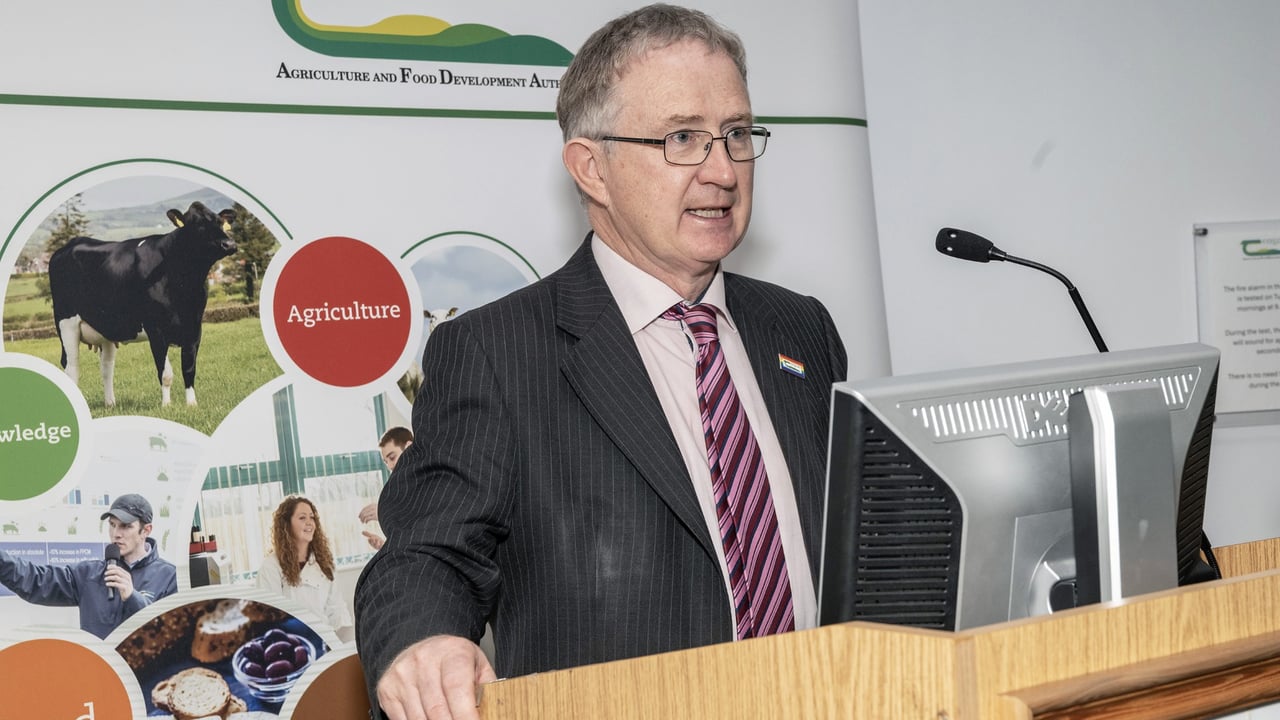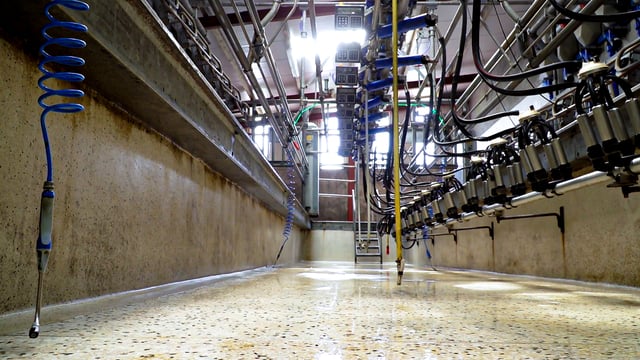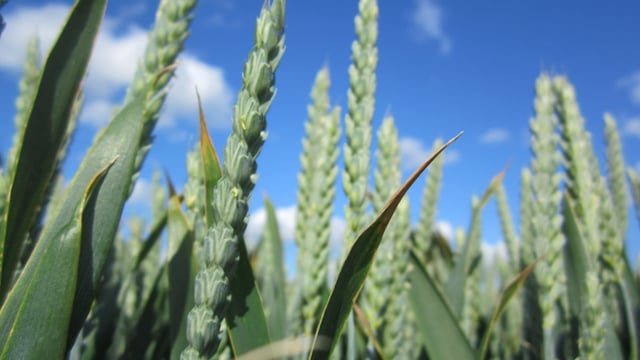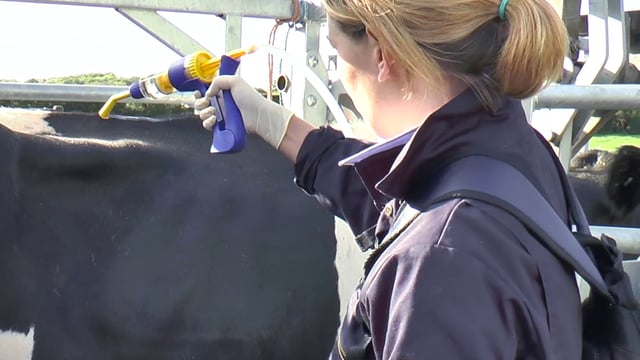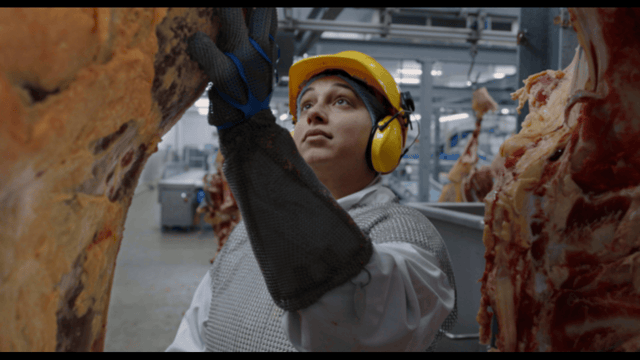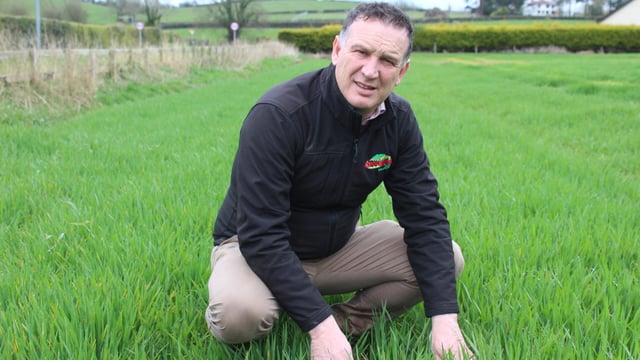Food innovation event highlights potential of artifical intelligence
Teagasc has today (Tuesday, November 4) held a Food Innovation Gateway event at the Teagasc Food Research Centre in Moorepark, Fermoy, Co. Cork.
According to Teagasc, this event brought together industry and researchers to hear how artificial intelligence (AI) could shape the future of the food industry.
The event, titled 'Smarter Food: AI for Ireland’s Food Industry,' "highlighted the intersection of agri-food innovation and digital transformation, showcasing how AI is redefining food processing, precision nutrition and manufacturing automation," Teagasc said.
Speakers included international and Irish industry and scientific experts from across AI, food science, and engineering.
The event also featured live demonstrations highlighting applications of AI where data-driven insights are driving greater efficiency, quality, and sustainability.
Opening the event, Timmy Dooley, Minister of State at the Department of Agriculture, Food, and the Marine, and at the Department of the Environment, Climate and Communications said: "Artificial intelligence presents a huge opportunity for Ireland’s food sector.
"From enhancing traceability and reducing waste to creating entirely new food experiences, collaboration between research, enterprise, and government will be essential to realise its full potential."
Teagasc
Speaking at the event, Teagasc director, Prof. Frank O’Mara explained: "As the national body for agri-food research and innovation, Teagasc plays a convening role in bringing together expertise across research, technology and business.
"This event reflects how artificial intelligence, when responsibly applied, can accelerate innovation and strengthen the productivity and competitiveness of Irish food companies both nationally and globally."
According to Teagasc, for the Irish food sector, the opportunities include:
- Accelerating product/process development and innovation;
- Promoting sustainability;
- Ensuring sustainability;
- Reducing energy consumption and waste.
It can also assist in building resilient value chains and supply-systems that can respond to changing consumer demands and sustainability expectations.

